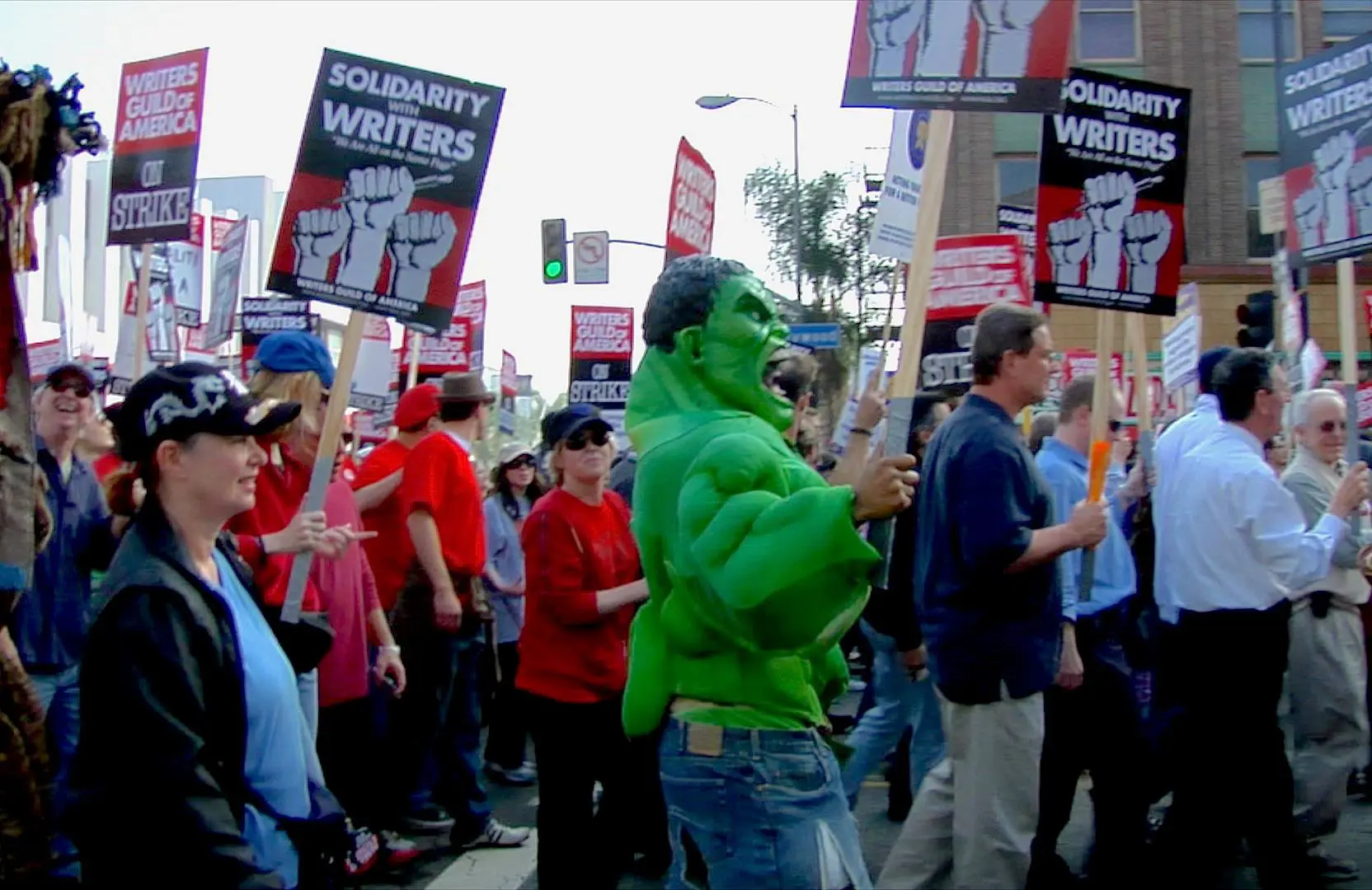How Hollywood Strikes Could Change the Fall TV Lineup
-

Contracts for the members of the Writers Guild of America (WGA), the Directors Guild of America (DGA), and the Screen Actors Guild - American Federation of Television and Radio Artists (SAG-AFTRA) are up this summer. Contract negotiations have yet to begin, but already the effects of impending labor actions, such as a strike, are being felt across the industry, and could soon affect upcoming TV lineups.
This week NBC announced that its drama La Brea was renewed for a third season, but that season would only be six episodes long, even though series regulars have a 10-episode minimum guarantee in their contracts. That short order was in anticipation of a potential strike by DGA, WGA (Full disclosure: I am a member of the WGAE), and SAG-AFTRA workers, and according to Deadline, the network allowed actors to break their contracts after the show’s third season to find other work, signaling that this will be the end of La Brea.
Early last week, unionized post-production workers at Saturday Night Live, who are part of the Editor’s Guild, authorized a strike. The newly organized group formed a union in October and has yet to negotiate its first contract. While at this stage the strike authorization is most likely a tactic to get the ball rolling at the bargaining table, it still could lead to a walk-out. Without post-production workers, there would be a dip in (or complete absence of) pre-taped sketches, which are often the most widely shared and universally enjoyed clips from each episode — that point could be great leverage for this group to get fast action.
While creators of scripted shows are scrambling to put contingency plans in place, those who work on unscripted shows are preparing for an increase in series orders for reality television, news programs, and game shows. And there’s certainly a precedent for that — the 1988 writers’ strike led to the creation of Cops and the 2007-2008 writers’ strike contributed to the success of series like Keeping Up with the Kardashians, The Amazing Race, and Project Runway. The advantage now is that there’s more of a built-in audience for this type of TV, so it’s a safer bet for production companies looking to pivot.
Any sort of action from these unions will likely lead to more industry groups organizing. Right now, VFX workers are in the midst of forming their own union to combat long, unpredictable hours and fight for more pay. Even if the contract is settled without a strike, that may mean it will take longer for certain projects to be finished, leading to longer breaks between seasons of things like Marvel’s slate of television shows.
If one or more of these groups do go on strike, some shows in development may never see the light of day, and the fall TV schedule could look a lot different from past years.
Update (Friday, February 17 at 12:10 PM ET): Pilot season 2023 hit a historic low of just 13 pilots ordered ABC, NBC, and CBS (none were ordered at Fox), a 50% drop from last season. That's in part because any action from potential strikes would start when union contracts are up in May, the same time that pre-production and production would need to start on shows slated for the fall lineup. Another factor is the rise of shows being ordered straight-to-series, which is the norm for original content on streaming services. Still, the continued production of any scripted show, whether associated with pilot season or not, is in jeopardy if any of the three unions decide to strike this spring.
Brianna Wellen is a TV Reporter at Primetimer who became obsessed with television when her parents let her stay up late to watch E.R.
TOPICS: TV Writers' Strike, La Brea, Saturday Night Live, Marvel, SAG-AFTRA, TV Directors